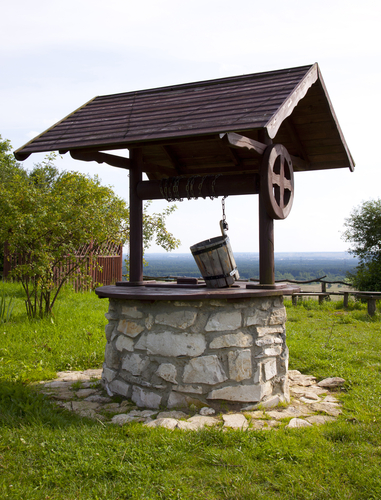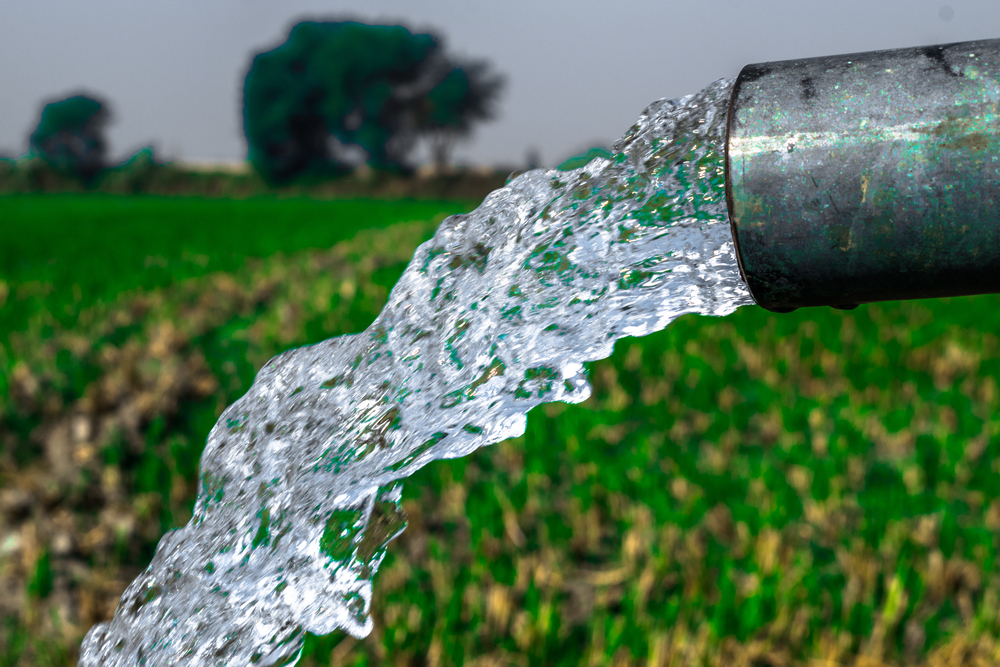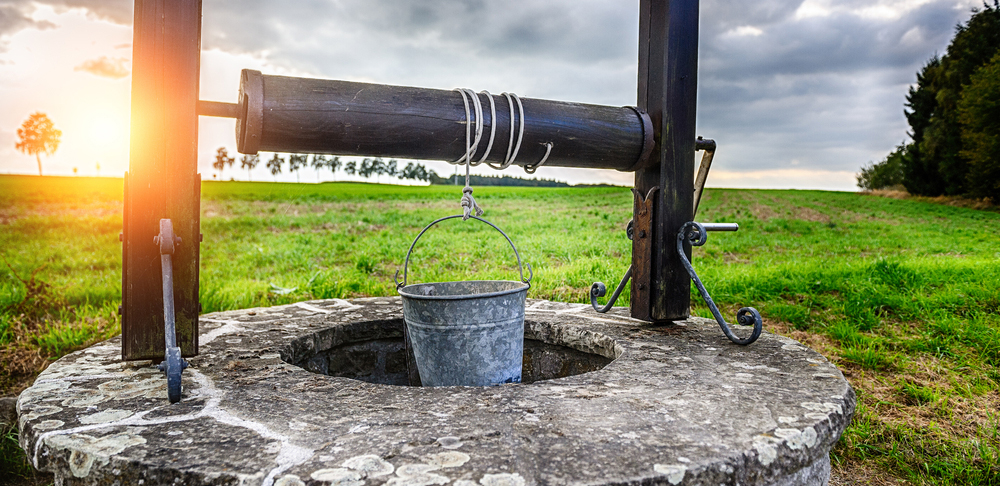Well pumps are essential components of water well systems, ensuring a reliable water supply for various applications. In this article, we will explain the different uses of well pumps and the things to consider when choosing one.
What are well pumps needed for?
Well pumps are necessary for drawing water from underground and transporting it to the surface for use. They are most commonly employed in residential settings to provide water for households that are not connected to municipal water systems, ensuring a consistent and dependable water supply for daily needs, such as drinking, cooking, cleaning, and sanitation.

Water pumps can also be used in agricultural applications for irrigating crops, maintaining healthy plant growth, and increasing crop yields. They can provide water for livestock, ensuring the animals have access to clean, fresh water at all times. In industrial settings, well pumps may be utilised to get a reliable water supply for manufacturing processes and cooling systems.
Types of well pumps
There are three main types of well pumps: jet, submersible, and centrifugal. Each type has its own unique characteristics, making them suitable for different well depths and water supply needs.
- Jet: Jet pumps are a popular choice for shallow wells with water levels up to 25 feet below the surface. They are typically installed above ground and use a combination of suction and pressure to draw water from the well. Jet pumps are further divided into two categories: shallow well jet pumps and deep well jet pumps.
- Submersible: Submersible pumps are designed to be fully submerged in the well water and are suitable for depths exceeding 25 feet. These pumps are highly efficient and can handle high water volumes, making them ideal for deep wells and applications with high water demand. They are known for their quietness and long lifespan, as they are protected from external elements.
- Centrifugal: Centrifugal pumps are another option for shallow wells with water levels less than 25 feet. These pumps use centrifugal force to move water from the well to the surface. They are typically installed above ground and are connected to the well through a suction pipe. Centrifugal pumps are known for their simplicity, reliability, and relatively low cost.
The trusted brands in well pumps will typically offer all three of these options and will be able to provide guidance on which is the most suitable for your needs.
Factors to consider when choosing a well pump
When selecting a well pump, there are a few different things you should think about. Well depth is, of course, one of the most important factors, which will determine the most suitable type of pump.

Water demand, based on the number of appliances served, is another important consideration for the required pump capacity. A pump with insufficient capacity will struggle to meet demand, while an oversized pump can lead to increased energy consumption.
The power source you have available, such as electric, solar, or manual, will also influence the pump you choose. Electric pumps are the most common, but solar-powered pumps are a great eco-friendly choice.
Finally, your budget will be a key consideration in your well pump selection. Investing in a high-quality pump can provide long-term savings, as it will help reduce energy costs and need less maintenance long-term.
Conclusion
Choosing the right well pump will involve quite a few considerations. So, to be completely sure, reach out to a trusted provider for personalised guidance.





